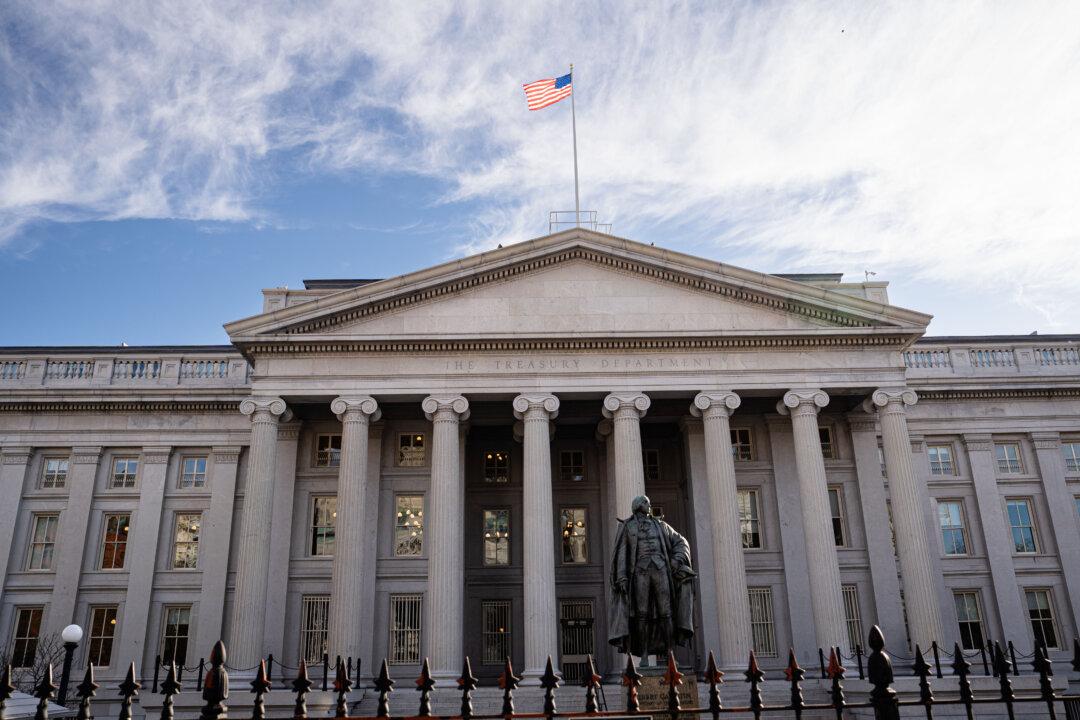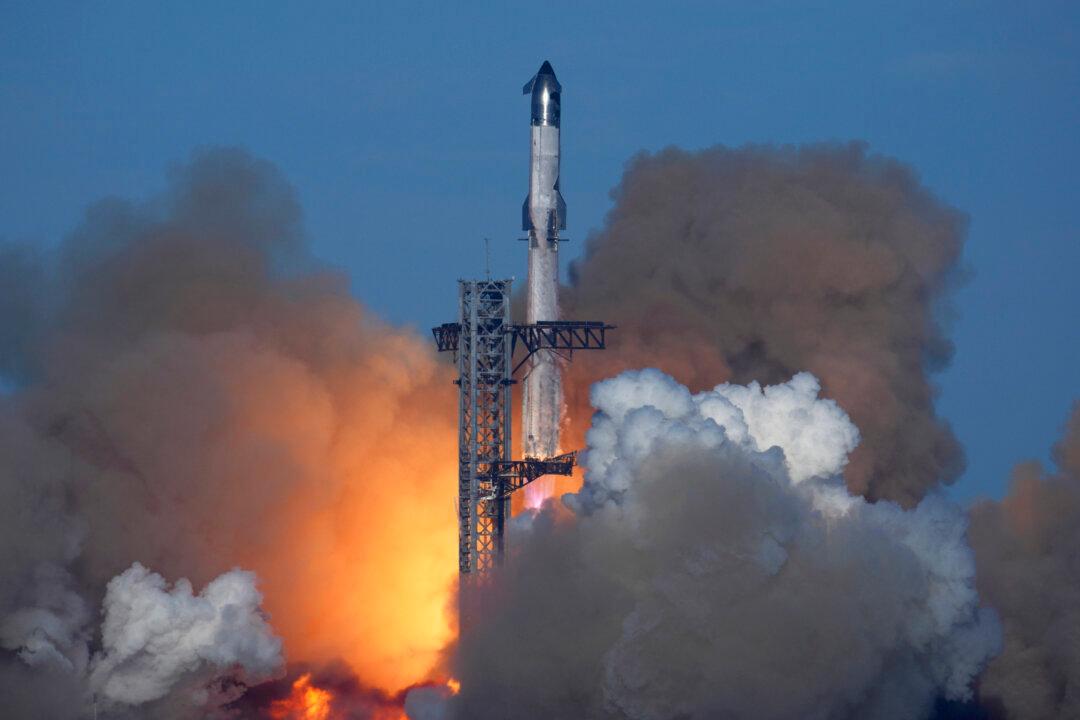The United States remains committed to using the full range of its military capabilities, including nuclear weapons, to defend South Korea from North Korean aggression, U.S. Secretary of State Antony Blinken said on Feb. 3.
Speaking alongside South Korean Foreign Minister Park Jin at a press conference, Blinken reaffirmed the U.S. commitment to improving its allied defense against common threats and the complete denuclearization of the Korean Peninsula.
He referred to the U.S.–South Korea alliance as “the linchpin” of peace in the region and said that it seeks to boost trilateral security cooperation with Japan to deter North Korea’s missile provocations.
“So there should be no doubt in anyone’s mind, starting with Pyongyang, of our commitment to defend our allies, our partners, our friends, and to extended deterrence,” he said. Pyongyang is the capital city of North Korea.
The two allies agreed to bolster extended deterrence while “maintaining a robust combined defense posture,” Park said, adding that any provocations from North Korea will be met with “a firm and united response.”
“Peace without denuclearization is fake peace. North Korea’s nuclear and missile programs are a direct and serious threat to not only [South] Korea, but also international peace and security,” he said.
China’s Role
Park also called on the Chinese Communist Party (CCP), a major ally of North Korea, to use its influence to rein in Pyongyang’s missile launches.“We agreed that China has a distinct capability and responsibility to influence Pyongyang’s behavior. Denuclearization of North Korea has long been an area of cooperation for China as well as ROK and the United States, and it needs to stay that way,” he said.
China Trip Postponed
Blinken said at the press conference that he was delaying a trip to China that was supposed to begin on Feb. 3, after a suspected Chinese spy balloon was spotted flying across the United States, which is a clear violation of U.S. sovereignty. The balloon was shot down on Feb. 4 by U.S. military aircraft.“We concluded that conditions were not conducive for a constructive visit at this time,” he said.
China’s foreign ministry said on Feb. 4 that the flight of the “airship” over the United States was a force majeure accident, accusing U.S. politicians and media of taking advantage of the situation to discredit China.
Reuters contributed to this report.




